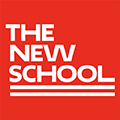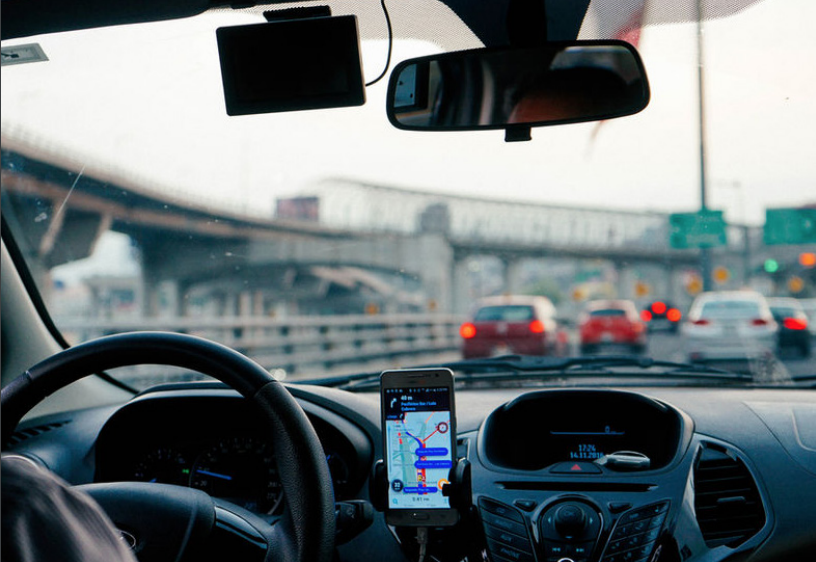new report supports minimum pay for app-based drivers in new york cityDispelling gig economy misconceptions, study shows huge majority of NYC app-drivers work full-time, struggle to provide for their families |
New York City and Berkeley, Calif., June 26, 2018 – App-based ride-hailing companies have grown rapidly in New York City and across the U.S. over the past five years, yet the full-time New York City drivers who provide 80 percent of the rides are struggling just to get by. A new report, An Earnings Standard for New York City’s App-based Drivers: Economic Analysis and Policy Assessment, highlights the need for and the effects of the Taxi and Limousine’s Commission’s proposed minimum driver pay standard, which would apply to drivers affiliated with Uber, Lyft, Via, and Juno in New York City. Economists from the Center for New York City Affairs at The New School and the Center on Wage and Employment Dynamics at the University of California, Berkeley prepared the report for The New York City Taxi and Limousine Commission (TLC). The study found that 85 percent of app-based drivers earn below the proposed minimum pay level, after allowing for vehicle and related expenses. The TLC’s proposal would result in 14 percent average increase in gross pay and a 22.5 percent increase in net pay. “The data are clear: drivers in NYC’s rapidly growing gig economy are struggling,” said James A. Parrott, co-author of the report and Fiscal Policy Director of the Center for New York City Affairs at The New School. “The proposed wage standard would be life-changing for one of NYC’s fastest growing workforces, and a plus to the city’s overall economy.” Key findings
The complete report may be accessed on the Center for New York City Affairs website. Economists from the Center for New York City Affairs at The New School and the Center on Wage and Employment Dynamics at the University of California, Berkeley prepared the report for The New York City Taxi and Limousine Commission (TLC). The TLC’s proposed policy calls for a minimum pay standard of $17.22 an hour, which is the independent contractor equivalent of $15 an hour for employees, plus paid time off. The state minimum wage in New York City will increase to $15 per hour on December 31, 2018. City policy mandates that all employees receive five paid sick days, and New York State recently instituted a paid family leave benefit for private employees. The TLC pay standard would be the first in the U.S. to apply to independent contractors.The report authors found that by improving efficiency, ride-share companies could absorb the cost without raising fares. “The TLC policy will better align the companies’ interests with the interests of drivers,” said professor Michael Reich, co-author of the report and Co-Chair of the Center for Wage and Employment Dynamics at the University of California, Berkeley. “Half of the pay increase could be absorbed by giving drivers about two and half more minutes of passenger trips per hour. The companies could easily absorb the rest with a minimal or zero fare adjustment.” The researchers drew upon extensive data for 60,000 app drivers from all four companies on rides, driver pay, and hours, as well as a driver survey of vehicle ownership and costs. They found evidence of low driver pay, inefficient use of drivers during their working hours and high company markups over operating costs in New York City. The policy recommendations drew praise from leading academics."This report makes a cogent justification for public intervention," said Professor David Weil, Wage and Hour Administrator at the U.S. Department of Labor under President Obama and now Dean of the Heller School of Social Policy and Management at Brandeis University. |
|
Founded in 1919, The New School was born out of principles of academic freedom, tolerance, and experimentation. Committed to social engagement, The New School today remains in the vanguard of innovation in higher education, with more than 10,000 undergraduate and graduate students challenging the status quo in design and the social sciences, liberal arts, management, the arts, and media. The New School welcomes thousands of adult learners annually for continuing education courses and calendar of lectures, screenings, readings, and concerts. Through its online learning portals, research institutes, and international partnerships, The New School maintains a global presence. |
 |
MARKETING AND COMMUNICATION |
| 79 Fifth Avenue New York, NY 10003 www.newschool.edu |
PRESS RELEASE |
Media Contacts: Scott Gargan, |
|
|
